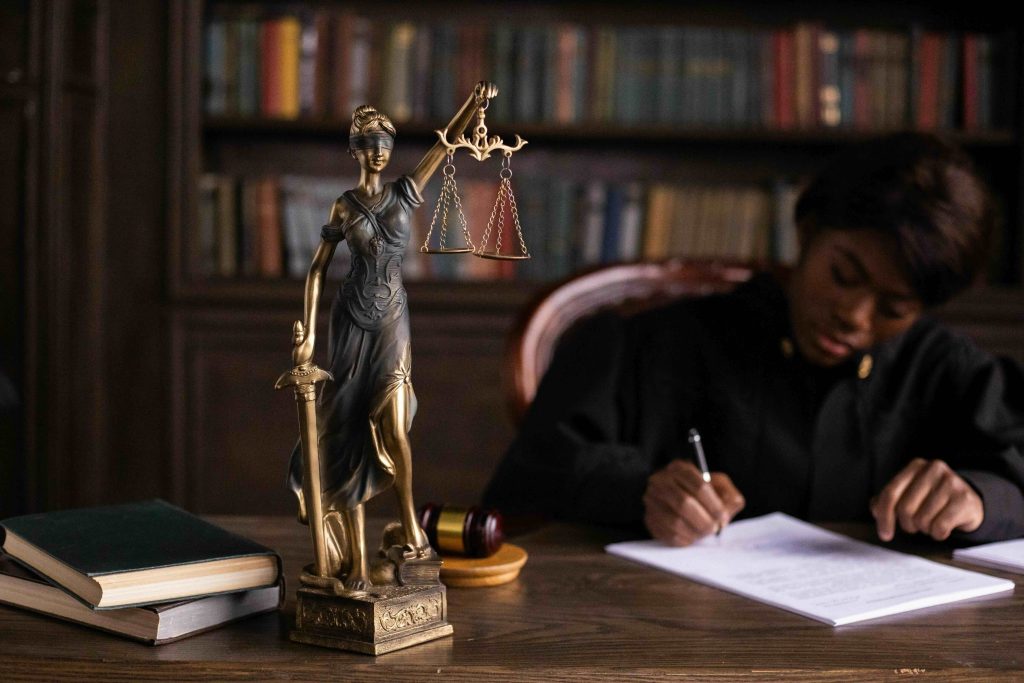- Contact Us Now: (877) 667-1211 Tap Here to Call Us
Understanding “Orders to Show Cause” in Foreclosure Defense Cases -FAQs

Florida law allows for a unique statutory foreclosure procedure that speeds up the foreclosure processes for lenders. This can be troublesome for borrowers. During the process, the bank can ask the court to show cause why a final judgment of mortgage foreclosure should not be made. This shifts the burden to borrower to demonstrate why the court should not enter a final judgment of foreclosure right on the spot.
How Does it work?
F.S. 702.10(1) outlines how to ask the court to show cause. The court will look at the court file right away when they get this request. If the court finds that the complaint is true and has a good reason for foreclosure, the court will give the other parties in the case a chance to show why a final judgment of foreclosure shouldn’t be made. The order to show cause must have all the details, like when and where the hearing will be. The hearing can’t be set sooner than 20 days after the order to show cause is served or 45 days after the complaint is served. But if the order is served by publication, the hearing can’t be set sooner than 30 days after the first publication. This is in F.S. 702.10(1)(a)11.
What are some key points about the order to show cause in foreclosure cases?
1. **Timeframe:** The order to show cause must specify the time within which the order and the complaint must be served.
2. **Filing Defenses:** Filing defenses before the hearing, like motions, responsive pleas, affidavits, or other papers, to show a genuine issue of material fact that could prevent summary judgment or constitute a legal defense to foreclosure is considered a valid reason for the court not to enter the final judgment.
3. **Defendant’s Rights:** Defendants have the right to file affidavits or other papers before the hearing and can personally appear or represent themselves through an attorney at the hearing.
4. **Hearing Purpose:** If a defendant files defenses by motion, a responsive pleading, an affidavit, or other papers, or personally appears or appears through an attorney at the hearing, the hearing will determine if the defendant’s presentation of evidence, arguments, and other materials, including their motion, answer, affidavits, and other documents, raises a genuine issue of material fact that could prevent summary judgment or constitute a legal defense to foreclosure.
5. **Waiver of Rights:** If a defendant fails to appear at the hearing or fails to file defenses by motion, verified or sworn answer, or files an answer that doesn’t contest the foreclosure, the defendant may be considered to have waived their right to a hearing. In such cases, the court may enter a default judgment against the defendant and, if appropriate, a final judgment of foreclosure ordering the clerk of the court to conduct a foreclosure sale.
6. **Attorney’s Fees:** If the mortgage agreement provides for reasonable attorneys’ fees, the court is not required to hold a hearing or adjudicate the fees to be reasonable if the requested fees don’t exceed 3% of the principal amount owed.
A final judgment of foreclosure form must be attached to the order to show cause. This is because if the defendants don’t show good cause for the judgment not to be entered or otherwise waive their right to be heard, the court will enter the judgment.
If the court thinks the borrower has a good chance of winning the foreclosure case, they’ll order the borrower to make the payments towards the mortgage before the loan balance increases. If the borrower files a bond that’s equal to the amount they owe, including all the interest, taxes, and insurance premiums the borrower has already paid, the court will put the order on hold until the case is finally decided. The order might also let the borrower take steps to protect their property while the foreclosure is going on.
Protect Your Rights with a Miami Foreclosure Defense Lawyer
Don’t ignore an Order to Show Cause related to foreclosure. The Law Office of Andrew J. Pascale, P.A., has a great track record of helping homeowners win foreclosure cases. We’ve got the knowledge and support you need to handle this tough situation. Give us a call at 877-667-1211 to learn more about our services and how we can help you protect your rights in a Florida foreclosure.




